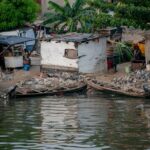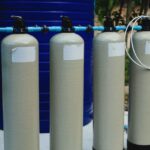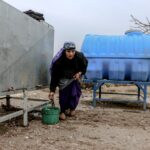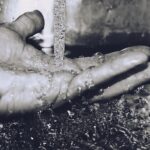The Pros and Cons of Bottled Water in Benin Republic
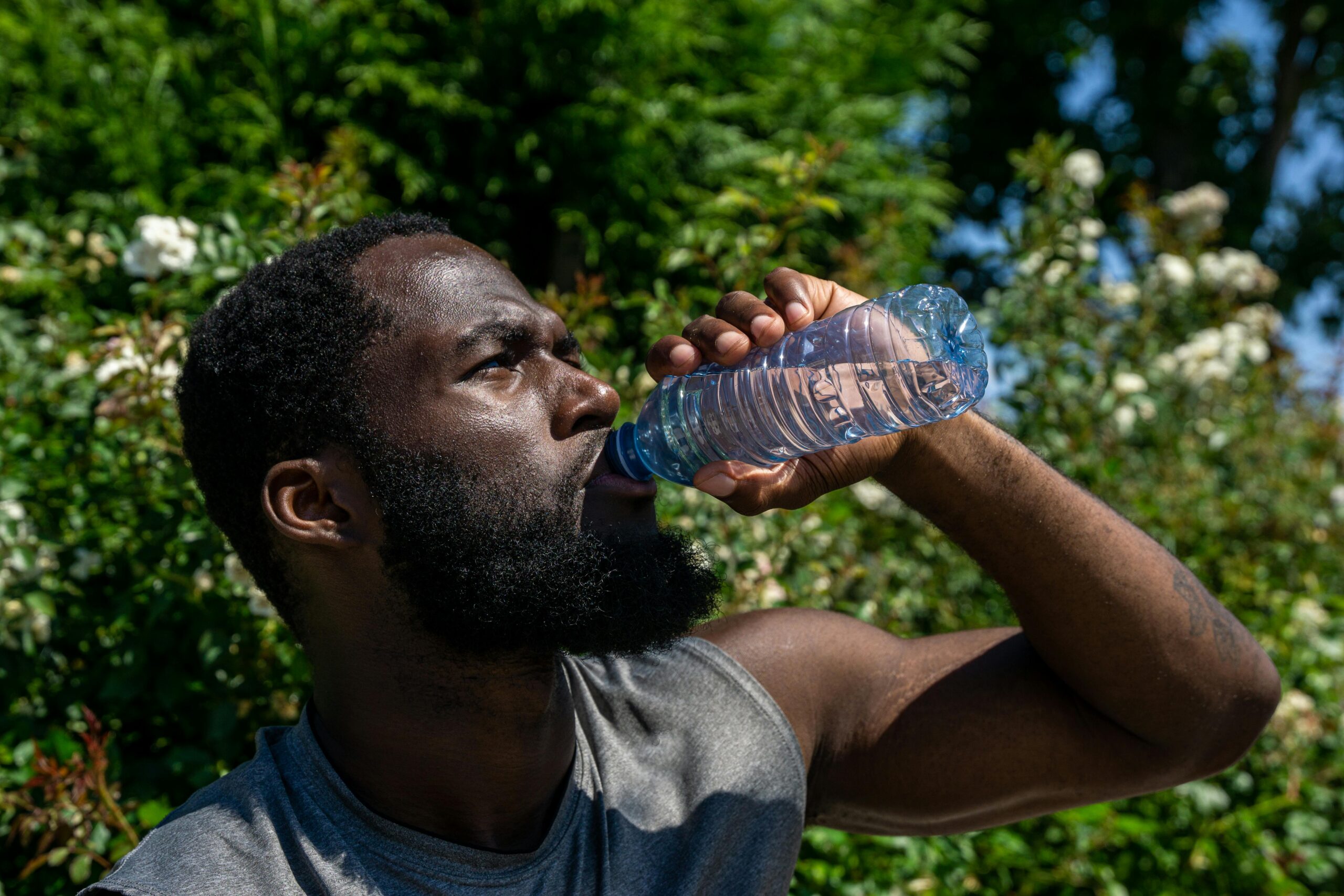
In Benin Republic, bottled water has become a go-to choice for many people. With concerns over the safety of tap water, many households and businesses rely on bottled water for drinking and cooking. It’s easy to find in shops, markets, and roadside stalls, making it a convenient option, especially when on the move.
But while bottled water offers a solution to the problem of unsafe drinking water, it also comes with challenges. The cost, environmental impact, and quality control issues raise important questions. Is bottled water the best solution, or are there better alternatives? This article looks at both the good and the bad sides of bottled water in Benin.
The Advantages of Bottled Water
Safe and Clean Drinking Water
One of the biggest reasons people buy bottled water is safety. Many areas in Benin struggle with access to clean tap water. Some water sources are contaminated, leading to health risks like diarrhea and typhoid. Bottled water, when properly produced, is filtered and treated to remove harmful bacteria and chemicals, making it a safer option for drinking.
Convenience and Portability
Bottled water is easy to carry and use anywhere – at home, at work, in schools, or while traveling. Unlike tap water, which might not always be available, bottled water can be bought and stored for later use. This makes it a practical choice, especially in areas where water supply is inconsistent.
Emergency Use
During water shortages, floods, or disease outbreaks, bottled water can be a lifesaver. When tap water becomes unsafe or unavailable, having bottled water ensures that people still have access to clean drinking water. This is especially important for vulnerable groups like children, the elderly, and sick individuals.
The Role of Bottled Water in Rural Areas
In rural parts of Benin, access to clean drinking water has been a long-standing issue. Programs like AQUA-VIE are working hard to bring clean tap water to villages by building new systems that connect homes to safe drinking water. However, until these projects are complete, many rural families rely on bottled or sachet water as their main source of clean drinking water.
The Economic Benefits of the Bottled Water Industry
Bottled water isn’t just about drinking – it’s also a big business. The industry provides jobs for thousands of people in Benin, from factory workers to delivery drivers and street vendors. Many small businesses depend on selling bottled water as part of their daily income.
For the government, the bottled water industry also brings in revenue through taxes and business registrations. As more companies invest in water production, it can lead to better water treatment technology and innovations that benefit the wider population.
However, while bottled water creates jobs and business opportunities, it also raises questions about whether the focus should be on improving public water systems instead of relying on private companies for clean water.
The High Cost of Bottled Water
While bottled water is convenient, it is not cheap. For many families in Benin Republic, buying bottled water every day is a big expense. Compared to tap water or even treated well water, bottled water costs much more. This makes it difficult for low-income households to afford safe drinking water regularly.
When people have to choose between buying water and meeting other basic needs, like food, rent, or school fees, the cost becomes a serious issue. Some families end up drinking unsafe water simply because they cannot afford bottled water every day.
Businesses also feel the impact. Restaurants, schools, and offices that rely on bottled water spend a lot of money providing it for their workers, students, and customers. This extra cost could be used for other important things, like improving services or paying employees better.
Price Fluctuations and Accessibility Issues
Bottled water prices in Benin can vary greatly depending on the region and supplier. In urban areas, bottled water is more accessible, but in rural communities, prices can be significantly higher due to transportation costs. During dry seasons or supply shortages, prices can spike, making it harder for low-income households to afford safe drinking water. This economic barrier shows the need for long-term investments in public water systems rather than relying solely on bottled water as a solution.
Environmental Impact of Bottled Water
One of the biggest problems with bottled water is plastic waste. In Benin, many used water bottles end up in streets, gutters, and waterways, contributing to pollution. Since plastic takes hundreds of years to break down, these bottles pile up, clogging drainage systems and increasing the risk of flooding, especially during the rainy season.
Another concern is that most plastic bottles are not properly recycled. While some people try to reuse them, many end up in open dumps or are burned, releasing harmful chemicals into the air. This pollution affects both the environment and human health.
Additionally, producing bottled water requires a lot of resources. Large amounts of water and energy are used to make plastic bottles, transport them, and keep them cool. This process increases carbon emissions, contributing to climate change.
The Growth of the Bottled Water Industry in Benin
Over the years, the bottled water industry in Benin has expanded rapidly, driven by increasing concerns over water safety and urbanization. More businesses are entering the market, offering a variety of bottled water options to meet consumer demand. While this growth has created jobs and boosted the economy, it also raises concerns about regulation and quality control. Not all bottled water brands meet the highest safety standards, and weak enforcement can lead to inconsistencies in quality. Ensuring proper oversight in the industry is crucial so that people truly get safe and clean water for their money.
Regulation and Safety Concerns
The FDA in Benin does a great job with regulation and safety. Although bottled water is often seen as a safer option, not all brands meet the highest health and safety standards. Some bottled water companies operate without proper regulation, meaning that not all bottled water is as clean as it should be. There have been cases where bottled water was found to contain bacteria or harmful chemicals, putting people’s health at risk.
Another issue is counterfeit bottled water. Some people refill empty bottles with tap or well water and sell them as new. Since these bottles are not properly sealed or treated, they can cause serious health problems. Without strong regulations and routine testing, it is difficult to guarantee that every bottle of water sold is truly safe to drink.
Alternatives to Bottled Water
Given the concerns surrounding bottled water in Benin, it’s important to explore other safe and affordable drinking water options. One alternative is improving access to clean tap water. If the government and private sector invest in better water treatment and distribution systems, more people can have reliable access to safe drinking water without relying on bottled water.
Another option is using water filtration systems. Simple filters, such as ceramic filters, can remove dirt, bacteria, and other contaminants from water, making it safe to drink. These filters can be used at home or in communities, providing a long-term and cost-effective solution.
Rainwater harvesting is also a viable alternative. Collecting and storing rainwater in clean containers can help families have a steady water supply, especially in rural areas. With proper treatment, rainwater can be safe for drinking and other household uses.
Finally, promoting the use of refillable water bottles can help reduce plastic waste. If more people carry reusable bottles and refill them with filtered or treated water, it can lower the demand for single-use plastic bottles and contribute to a cleaner environment.
The Role of Regulations and Quality Control
One of the major concerns with bottled water in Benin is the lack of strict regulations and consistent quality control. While some brands meet health and safety standards, others may sell water that is not properly purified, putting consumers at risk. Without clear enforcement of quality standards, people may unknowingly buy contaminated or low-quality bottled water.
Stronger government regulations are needed to ensure that all bottled water brands meet the same safety requirements. Regular testing and transparent labeling can help consumers make informed choices. When companies are held accountable for the quality of their water, it builds trust and protects public health.
The Role of Bottled Water in Emergency Situations
In times of crisis, bottled water becomes a lifeline for many communities in Benin. When natural disasters like floods contaminate local water sources or when disease outbreaks make tap water unsafe, people have no choice but to rely on bottled water for drinking, cooking, and even basic hygiene.
During cholera outbreaks, for example, clean water is crucial to stop the spread of the disease. If public water systems are affected, bottled water provides a quick and reliable alternative. Humanitarian organizations often distribute bottled water to affected communities to prevent dehydration and illness, especially in areas where access to safe water is already a challenge.
Additionally, in regions where water infrastructure is weak or unreliable, bottled water serves as a temporary solution when water supply systems fail. This is especially important for hospitals, schools, and emergency shelters, where having clean water can make a significant difference in preventing health crises.
While bottled water is not a long-term solution to Benin’s water challenges, its role in emergency situations cannot be ignored. It provides immediate relief when other sources are unavailable, showing the need for both short-term solutions like bottled water and long-term investments in sustainable water infrastructure.
Conclusion
Bottled water has become a lifeline for many people in Benin, providing a convenient and often safer alternative to untreated water sources. However, it comes with significant drawbacks, including high costs, environmental pollution, and concerns about regulation and quality. While bottled water may seem like a quick fix, it is not a sustainable long-term solution to the country’s water challenges.
Investing in improved water infrastructure, promoting water filtration systems, and encouraging better waste management practices can help reduce dependence on bottled water. Not-for-profit charities like Aqua Maya, which focus on providing safe and clean water to local communities in West Africa, play a crucial role in addressing these issues. By supporting such initiatives and working together (individuals, businesses, and the government), Benin can move toward a future where clean water is accessible to all without the heavy economic and environmental price of bottled water.
Sources
1. https://pmc.ncbi.nlm.nih.gov/articles/PMC11429257/
2. https://www.scirp.org/journal/paperinformation?paperid=57800

